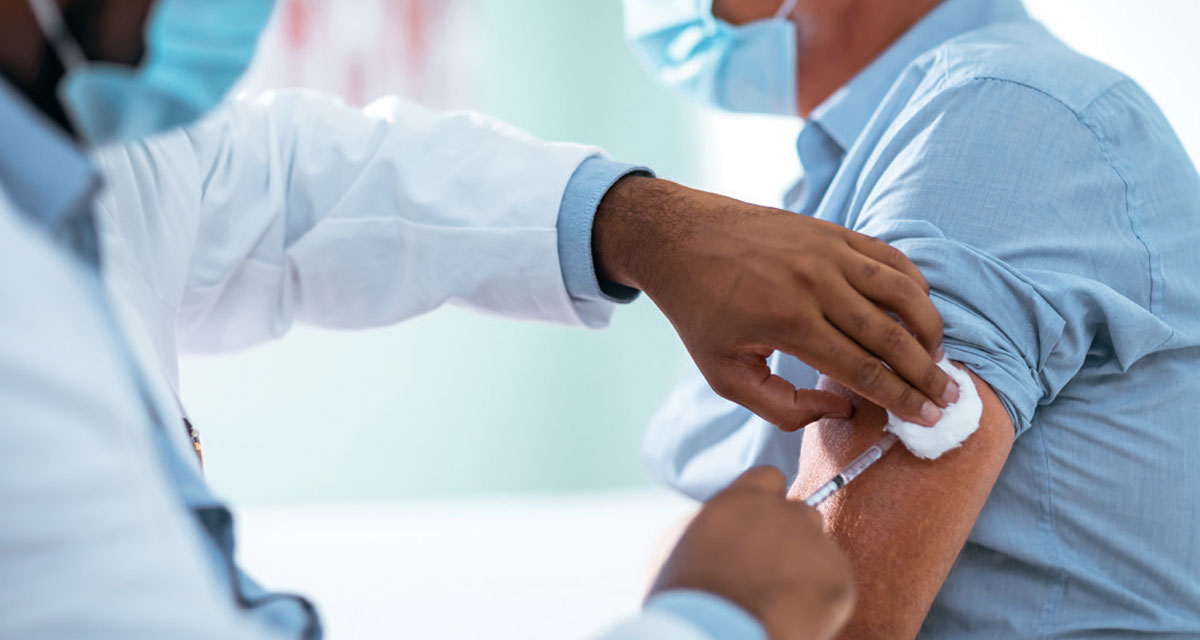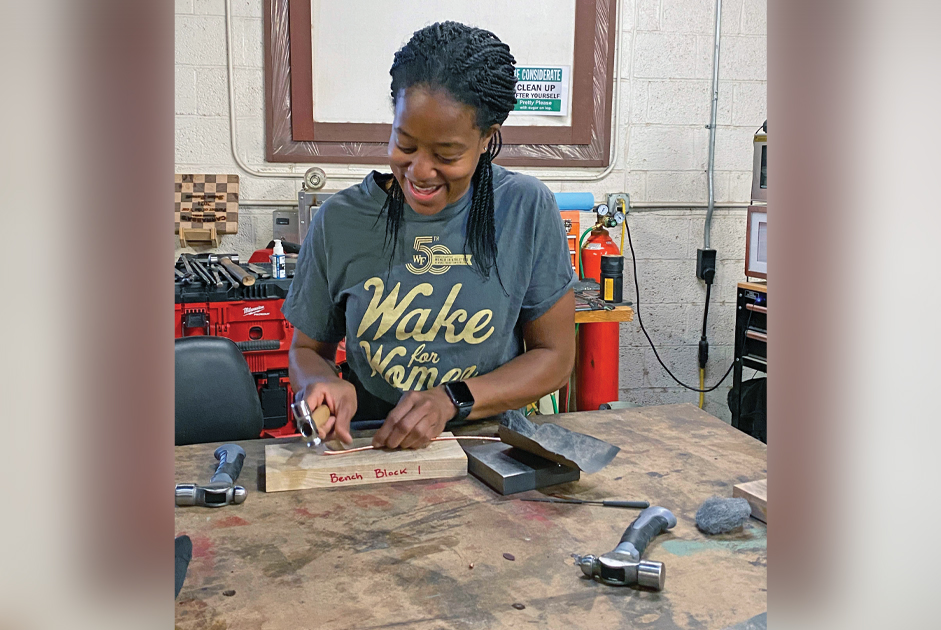In the early days of COVID-19, scammers and fraudsters focused their criminal activities on selling counterfeit items – N95 masks, personal protective equipment, COVID-19 test kits, hand sanitizers – to hospitals and individual consumers.
Now that a vaccine is about to be approved, the Department of Homeland Security (DHS), the Food and Drug Administration (FDA) and the U.S. Immigration and Customs Enforcement (ICE) are seeing a significant number of websites for deceptive and misleading products that tout fake COVID-19 cures. More than 70,000 fraudulent websites have been identified.
In addition, more than 250,000 fraudulent coronavirus reports have been filed with the Federal Trade Commission, amounting to $190 million in losses.
These websites often try to sell “unproven and illegally marketed products that make false claims, such as being effective against the coronavirus,” said a statement from the FDA. “These fraudulent products that claim to cure, treat, or prevent COVID-19 haven’t been evaluated by the FDA for safety and effectiveness and might be dangerous to you and your family,” the agency reported on its website.
But the fraud tactics are also going beyond fake cures and fake websites. Here are the most prominent scam techniques:
Phishing scams: The Federal Trade Commission (FTC) and the Justice Department have issued warnings about phishing text messages and emails. These messages might warn that you have been exposed to someone with COVID-19. The messages may include a link that will download malware to your device if the link is clicked. These messages usually appear to be from real businesses or government agencies. Criminals also use these messaging vehicles to sell fraudulent treatments and vaccines.
Financial scams: Federal agencies are warning of schemes designed to steal government payments.
In May, Credit Karma found that 1 in 5 Americans had been contacted by scammers about stimulus payments or unemployment benefits. Consumers should be particularly wary of emails or phone calls that refer to “stimulus.” They may ask you to sign over a check or give them personal information like your Social Security number. On Facebook, there are fraudulent messages that promise “COVID-19 relief grants.”
With the economic fallout increasing nationwide, criminals are also pretending to be banks and other lending organizations. They offer bogus help with bills, credit-card debt or student loans. In addition, small businesses are being targeted as scammers try to get them to apply for fake loans.
Fake vaccine packaging: Government organizations are learning about “safeguards and brand-protection features” that the vaccine drug companies are planning to put in place to guard against fraud, according to the Associated Press. Unfortunately, these safeguards may not be in place until the second round of vaccines because everything is being done so quickly. The government organizations are putting a premium on educating health-care providers on what the real vaccine containers look like.
Homeland Security officials and drug makers are working together to ensure that vaccines are clearly labeled. The companies are also setting up hotlines to gather tips about potential fraud.
The FDA offers these tips for identifying false or misleading claims:
- Be suspicious of products that claim to treat a wide range of diseases.
- Personal testimonials are no substitute for scientific evidence.
- Few diseases or conditions can be treated quickly. Be suspicious of any therapy claims that are a “quick fix.”
- If it seems too good to be true, it probably is.
- Miracle cures that claim scientific breakthroughs or contain secret ingredients are likely a hoax.
- Do not buy COVID-19 vaccines or treatments over the internet or through an online pharmacy.
- Do not respond to text messages, emails or calls about vaccines and treatments.
The best advice: Only get vaccines from an approved medical provider. Don’t respond to calls seeking personal information, and don’t click on social media posts that are selling COVID-19 “cures.”
Finally, if you have a question about a treatment or test found online, talk to your health care provider or doctor.
If you have a question about a medication, call your pharmacist or the FDA. The FDA’s Division of Drug Information (DDI) will answer almost any drug question. DDI pharmacists are available by email, druginfo@fda.hhs.gov, and by phone, 855.543.DRUG (3784) and 301.796.3400.






















